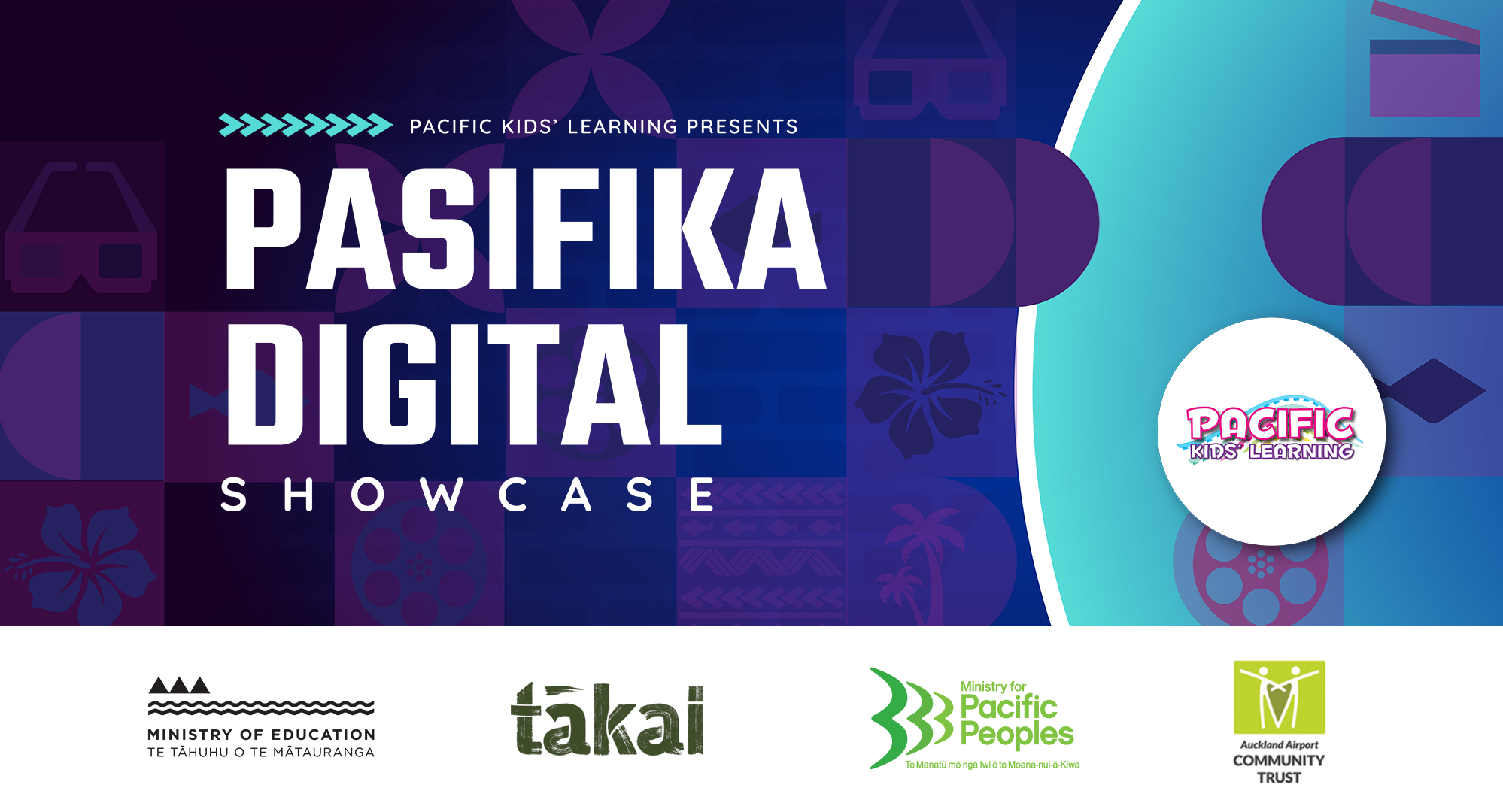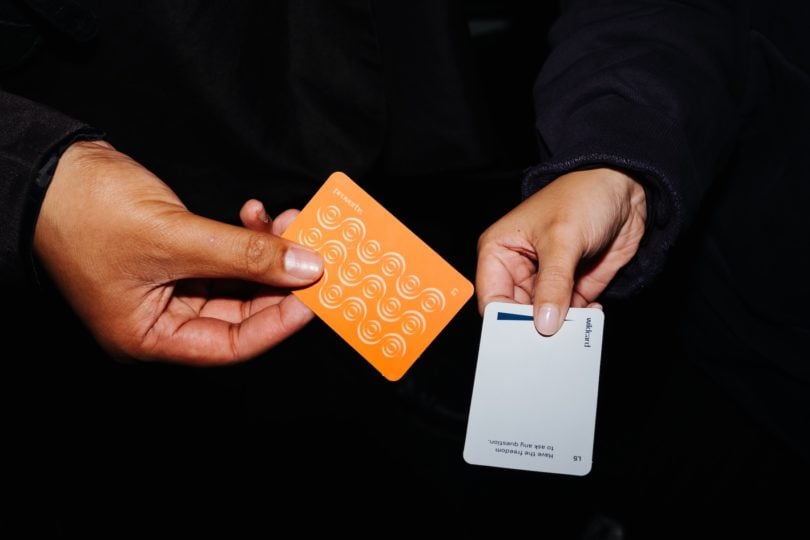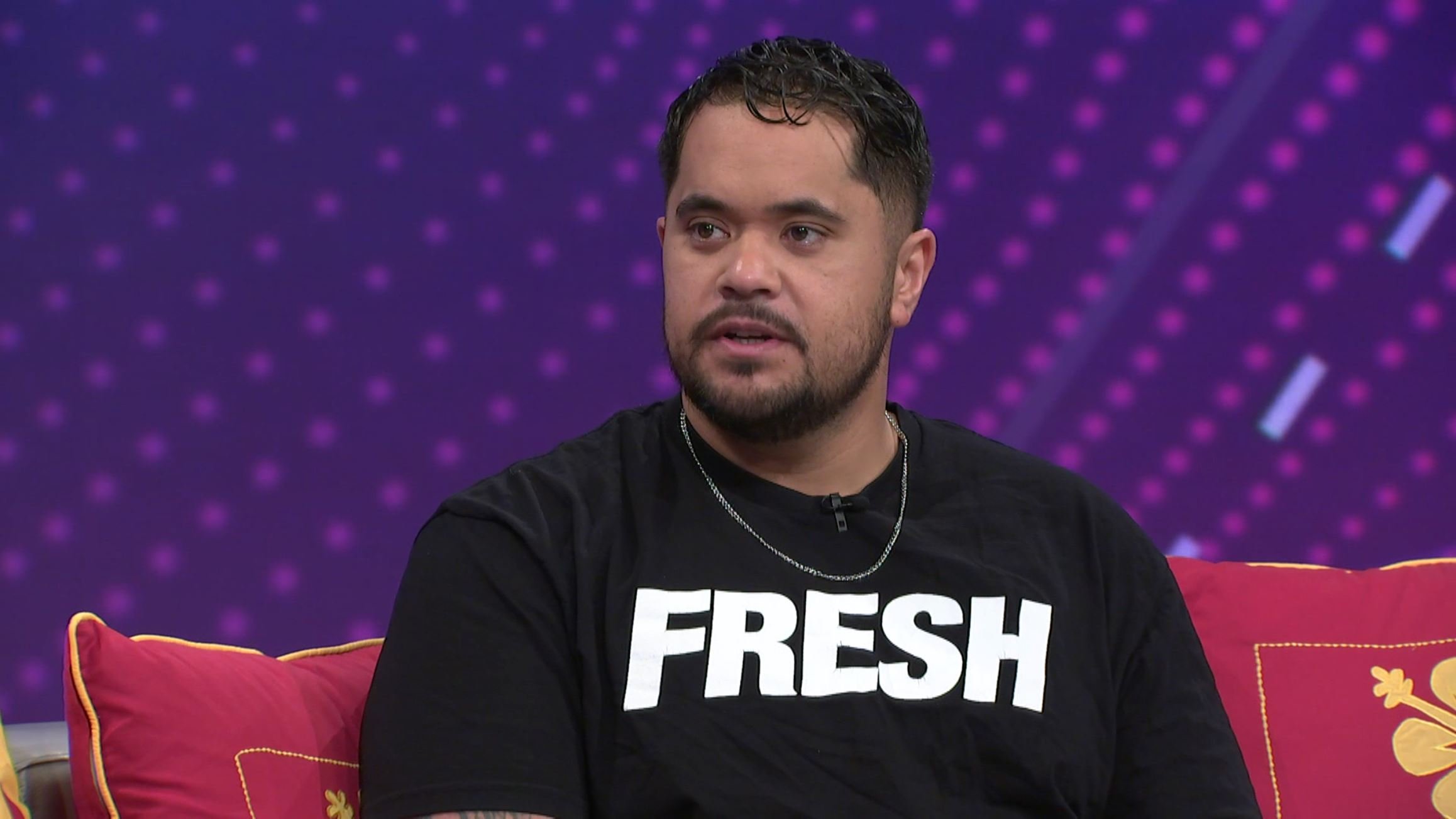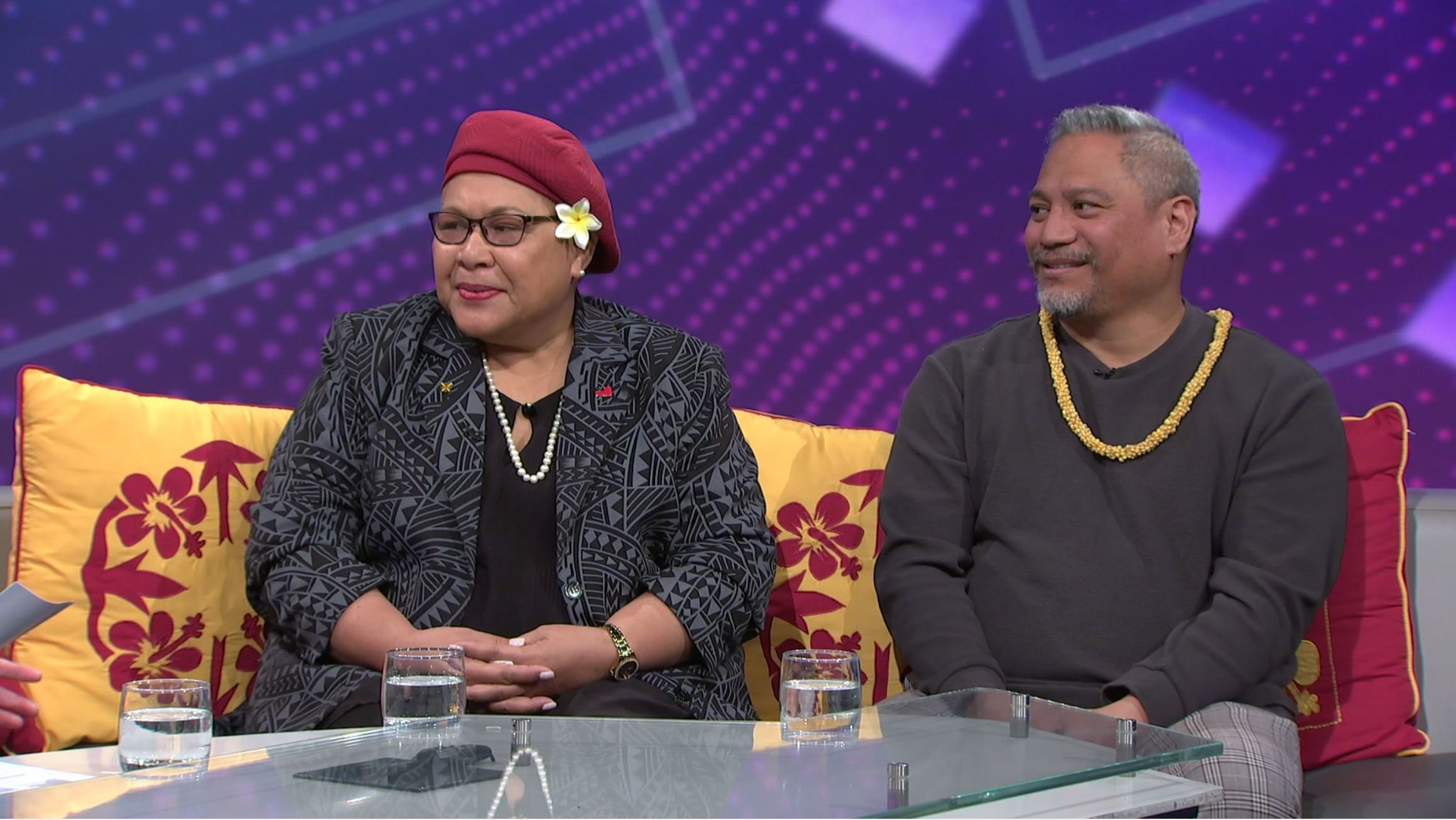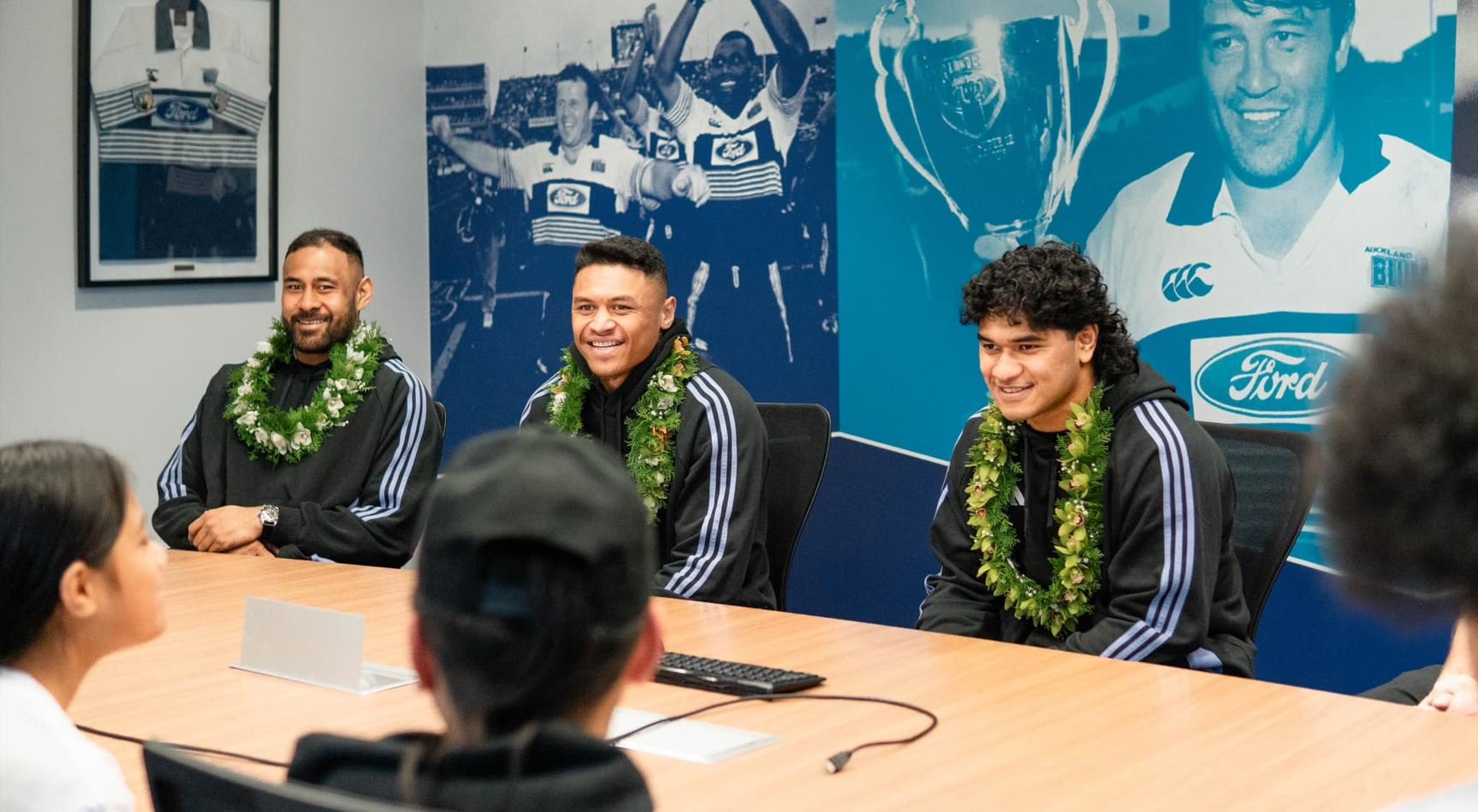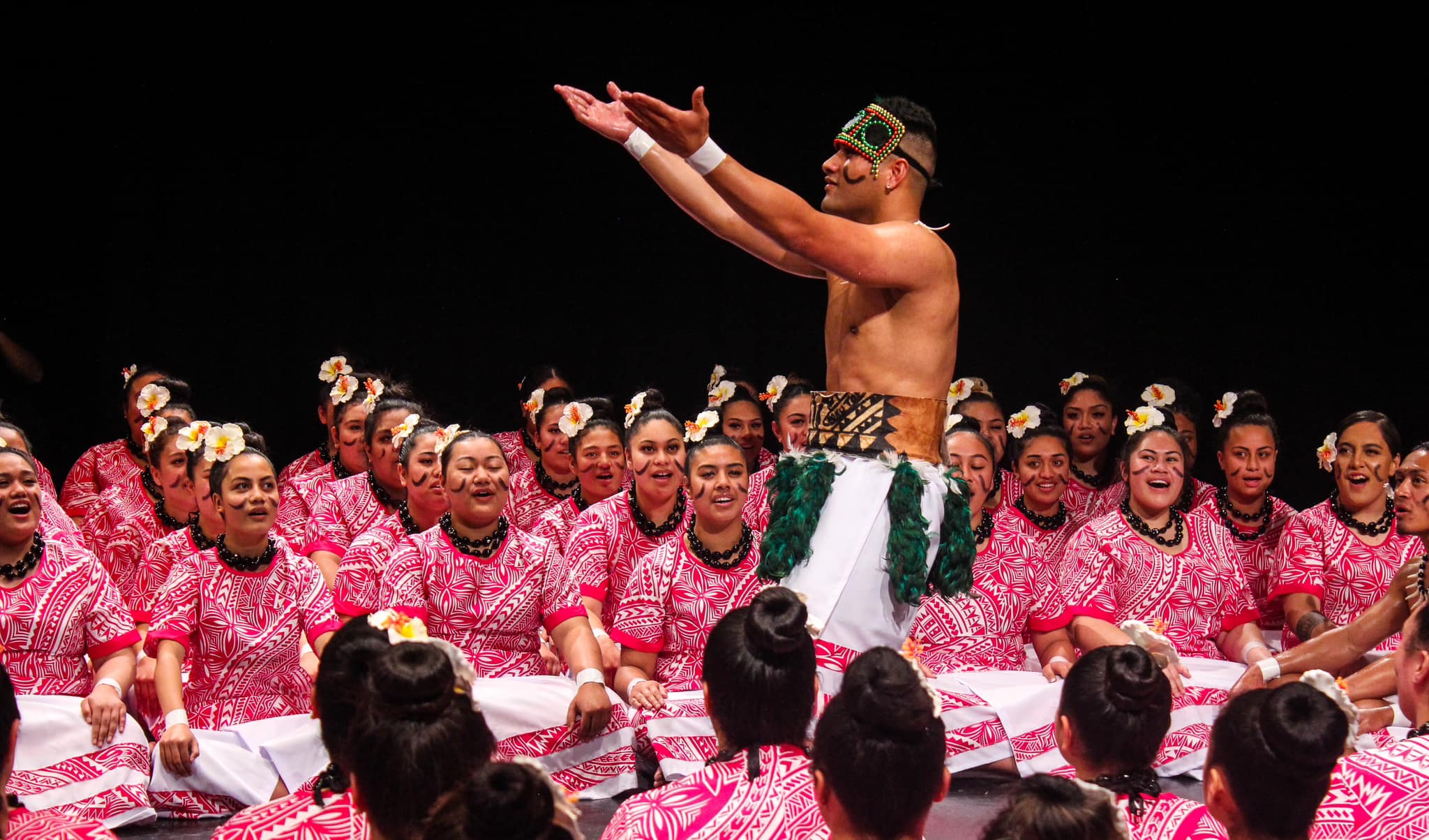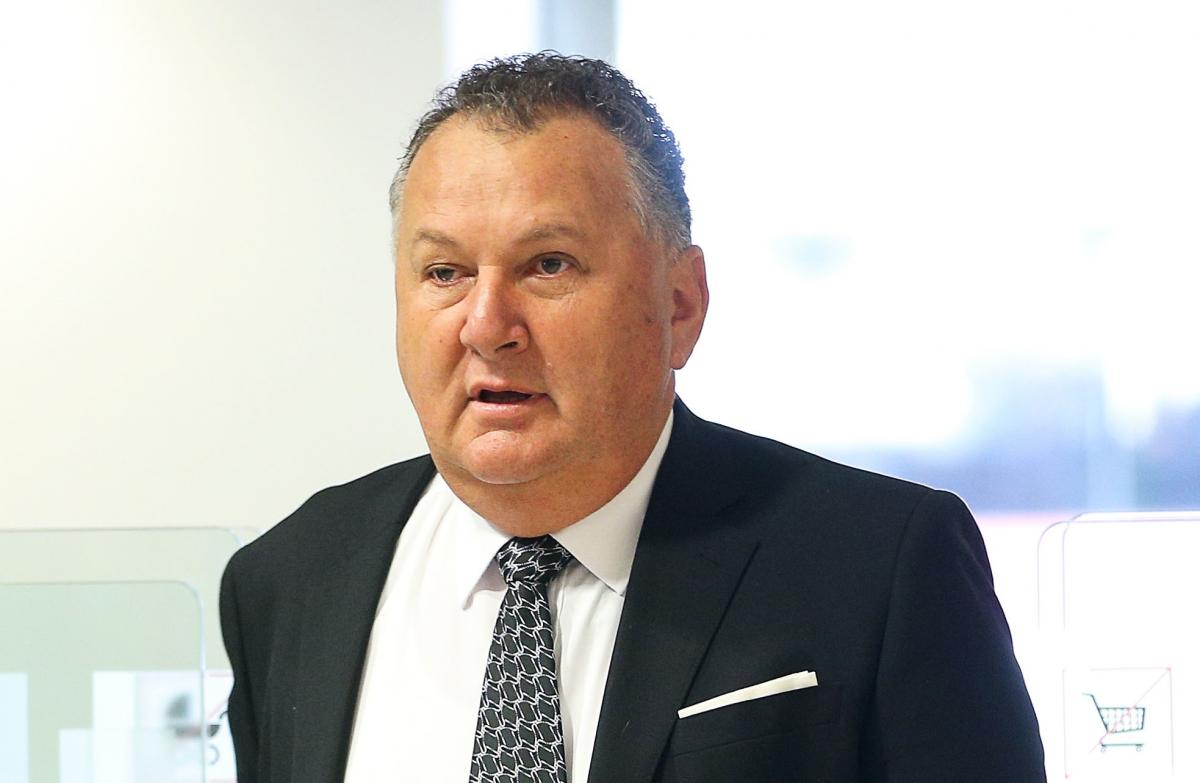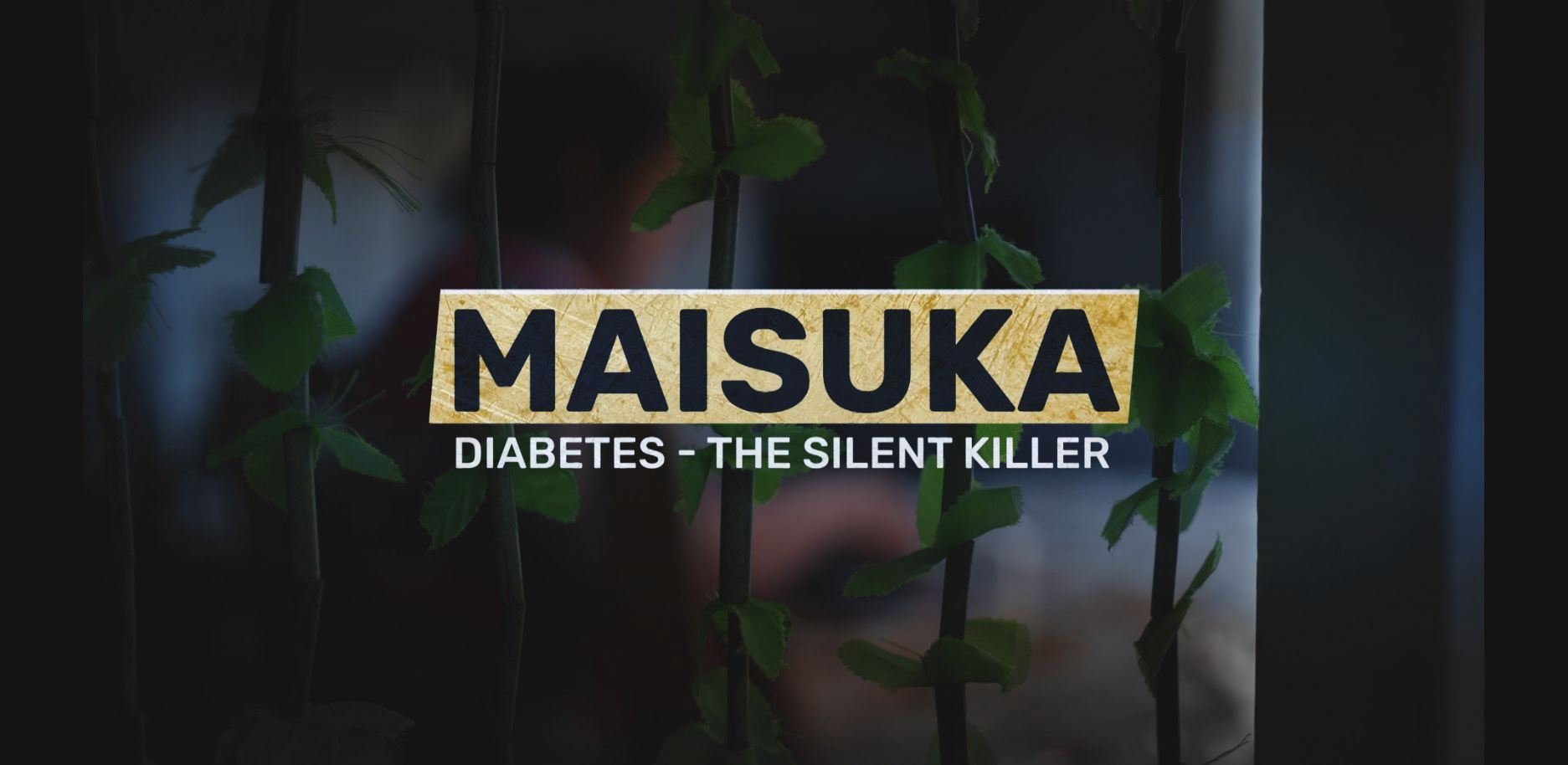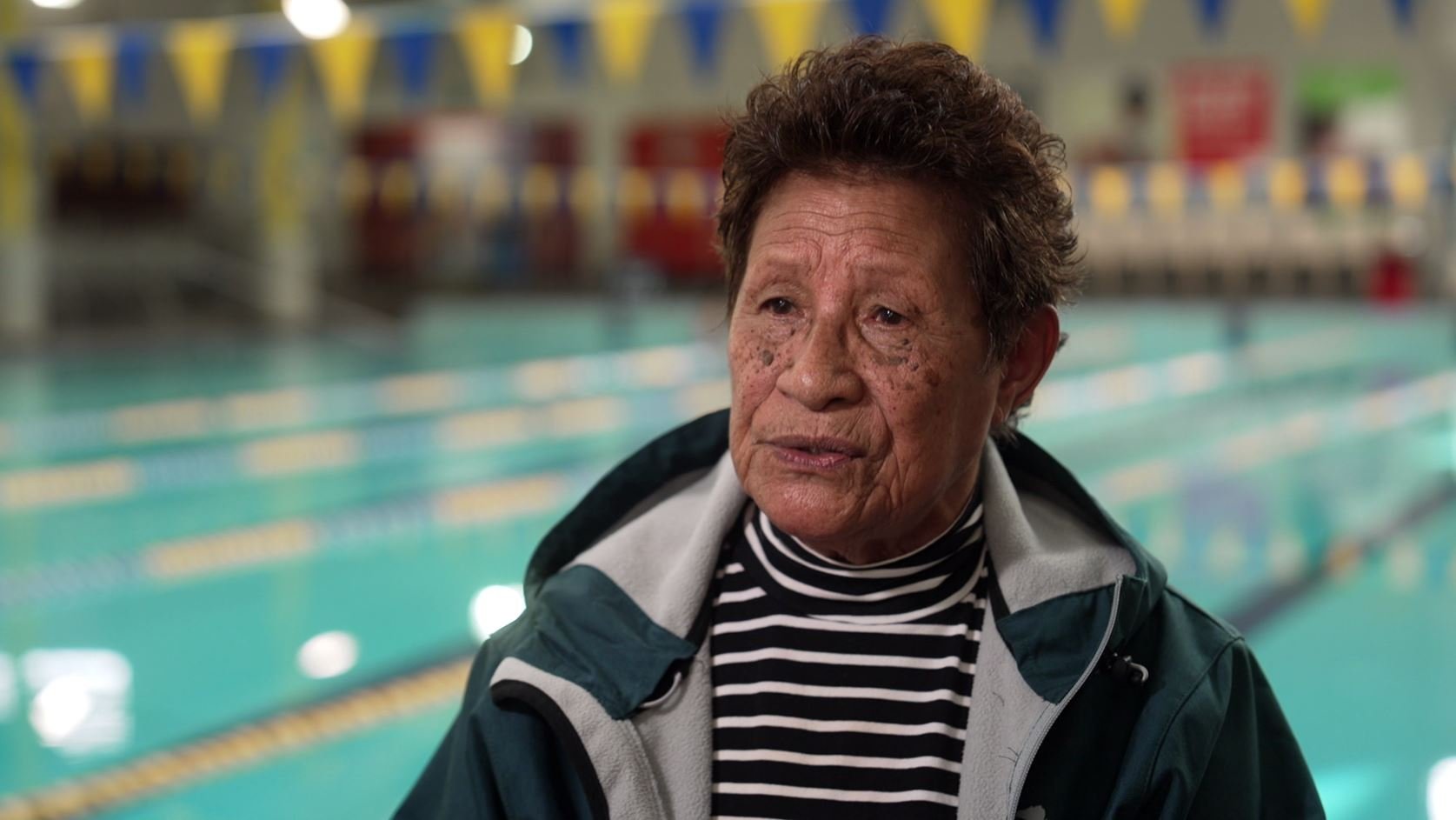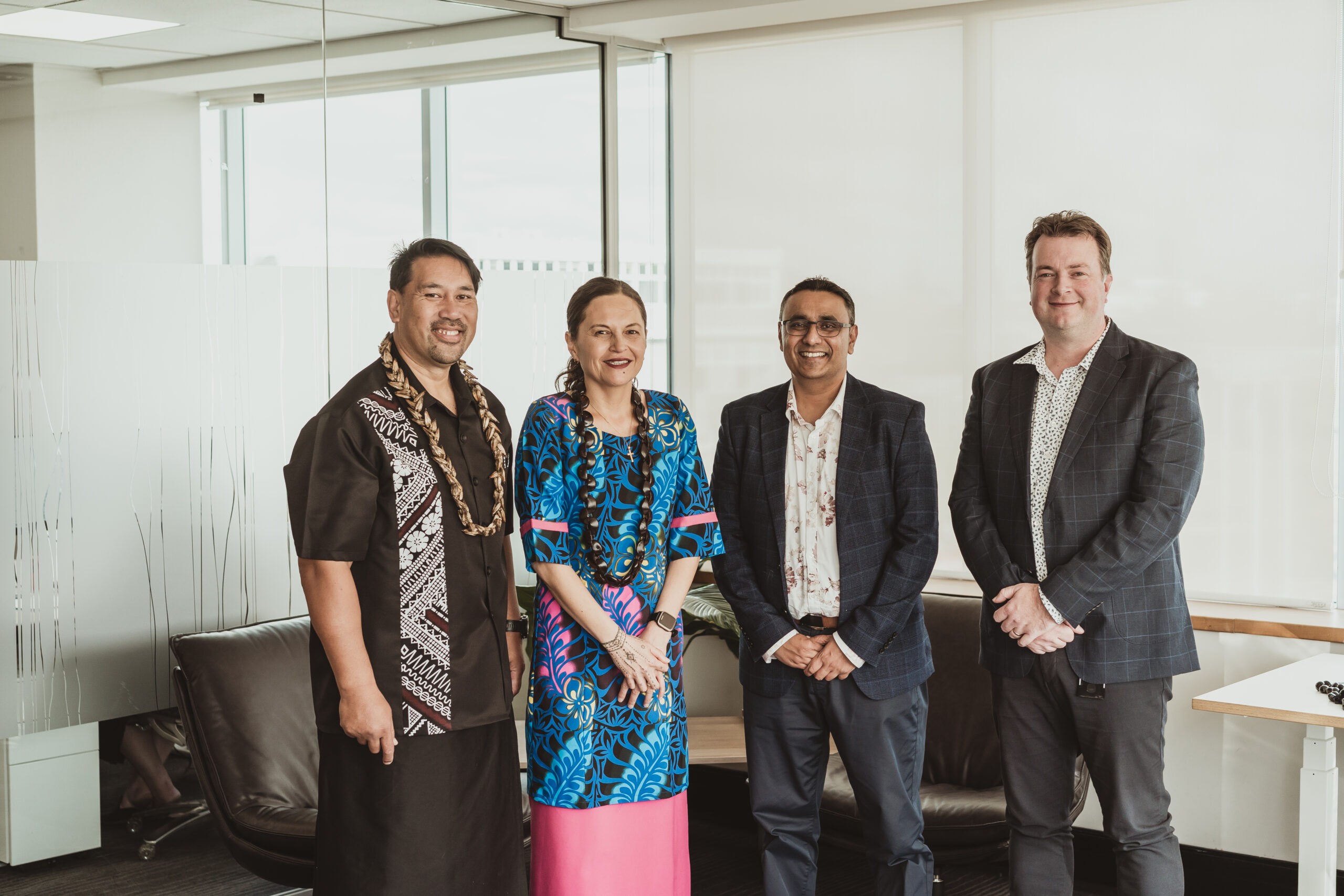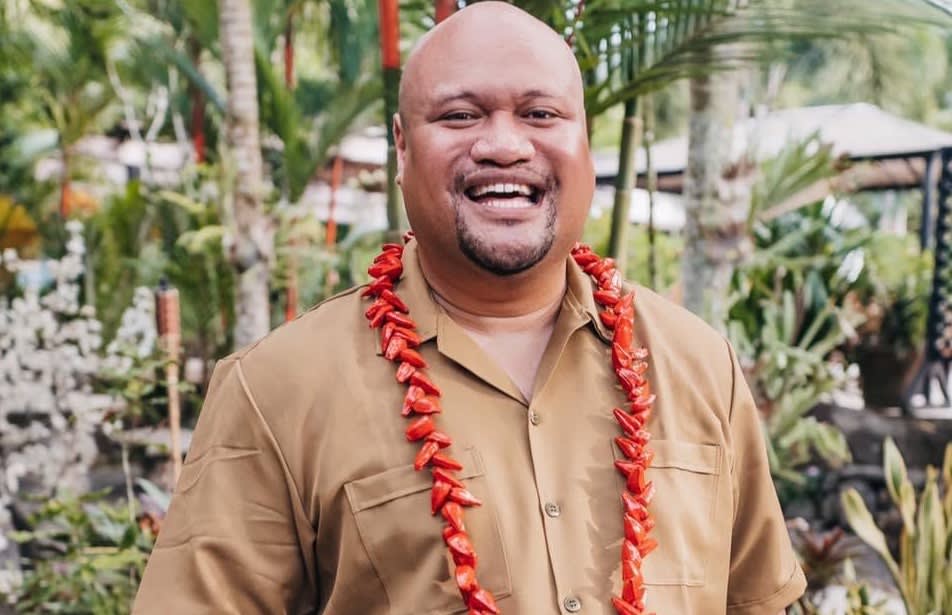For the first time, a choir master who contracted Covid-19 as part of the single biggest cluster in New Zealand last year, is speaking out about his experience and how the severe complications he endured made him feel like “it was the end”.
After 102 days of no new Covid-19 cases in the community since the first lockdown in March 2020, the country went into its second lockdown in August, with 159 men, women and children testing positive, mainly from the Pacific community.
Seumanu Simon Matāfai and his household of four, including his elderly parents in their seventies, were part of this “August cluster” as they contracted Covid-19 from a close contact.
“My mother was the first to have flu like symptoms and went for a Covid-19 test. When she tested positive, I was trying my best to sanitise and stay away, but I knew I would eventually contract Covid-19 as well, because we lived together,” he explains.
His household, along with others from his church choir who also tested positive for Covid-19, were forced into managed isolation at Jet Park in Auckland and were offered support from food hubs and welfare services by Pasifika Futures and its partners. Seumanu and the families in isolation are forever grateful to Pasifika Futures and their partners for the level of support and generosity they received during this challenging time.
Another upside for Seumanu during managed isolation was that he was with family and friends.
“I was surprisingly pleased to be joining my parents, it would have been much worse for me if I was at home feeling well, while my parents were in managed self-isolation fighting Covid-19.
“Also, our choir shared group chats in messenger, sharing funny stories from our rooms, giving reviews of the food, just to keep it on the lighter side.”
Seumanu, who had no pre-existing conditions before his diagnosis, spent four days in managed isolation before he started experiencing severe complications, describing it as having the worst kind of flu, multiplied by ten.
He was eventually sent to Auckland Hospital to be treated in their Intensive Care Unit. Luckily, his elderly parents only experienced mild symptoms after their diagnosis and did not require the same degree of care.
“My body was aching, I lost my appetite, I had severe headaches and nausea, I thought it was the end for me.
“I started looking at the world in terms of Covid-19 and the devastation of the pandemic. It was very real for me. The world was suffering and so was I.”
Seumanu was closely managed and monitored during this time and he slowly recovered in hospital. He was now alone in managed isolation and with little interaction with anyone outside the hospital he described this period in managed isolation like “a prison”.
“As I was reading through the scriptures, I came across a passage from the Apostle Peter, who said that God will never put anyone through something that they can’t handle. I thought that the Lord must have very high expectations for me.”
Today, Seumanu has made a full recovery with no major complications and has just received his second Covid-19 vaccination shot.
The whole experience has inspired him to accept a role as an interpreter for the many Samoan seasonal workers who travel to New Zealand and are placed into quarantine for two weeks before they embarked on their jobs.
“I initially thought I might be too traumatised to go back into a place of managed isolation. But I, more than most, have a deep appreciation of why the safety measures are in place so I still chose to work at a place where I could still potentially catch the virus again because it helps others understand the importance of compliance to keep everyone safe.”
His role is to interpret for the Samoan workers everything from health policies and the terms and conditions of their contracts to New Zealand quarantine laws and Covid-19 safety protocols such as using the tracer app and sanitising regularly. He also accompanies the nurses during the regular Covid-19 tests.
To date, Seumanu has helped more than 500 Samoans with all leaving quarantine with a negative Covid-19 test and a greater understanding of why it is important to be vigilant while they are in New Zealand.
Seumanu wanted to share his story during Easter because this period represents new life and celebrates and acknowledges the ultimate sacrifice that Jesus made.
During the August cluster last year, he witnessed the resilience of his family and church community as well as the immediate support from entities like Pasifika Futures who all made sacrifices to ensure he could survive Covid-19 to tell his story.
“The challenge now is to ask others what sacrifices they are prepared to make to provide a positive change in their communities. If we all make positive sacrifices, then we can change the world.”
